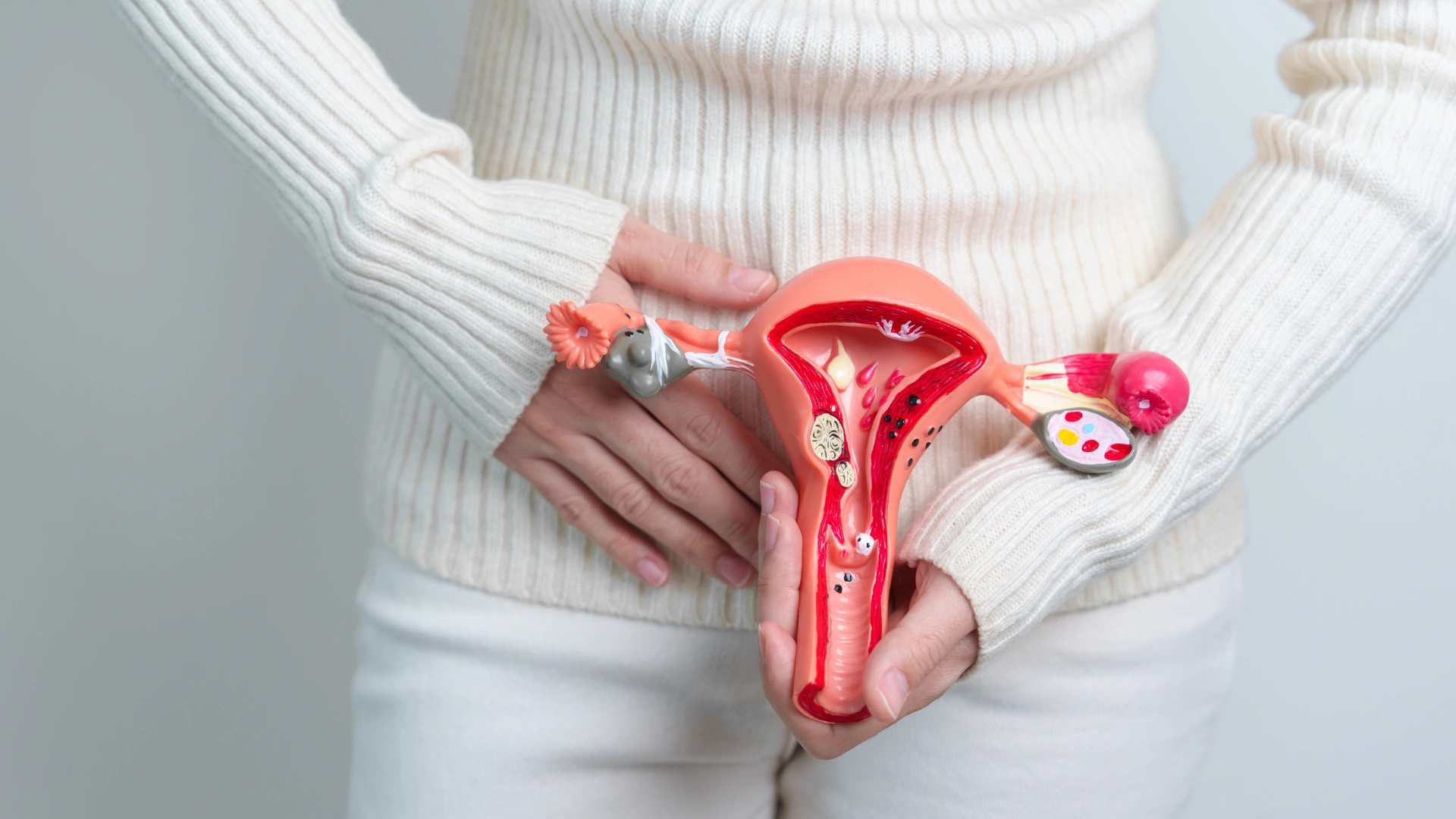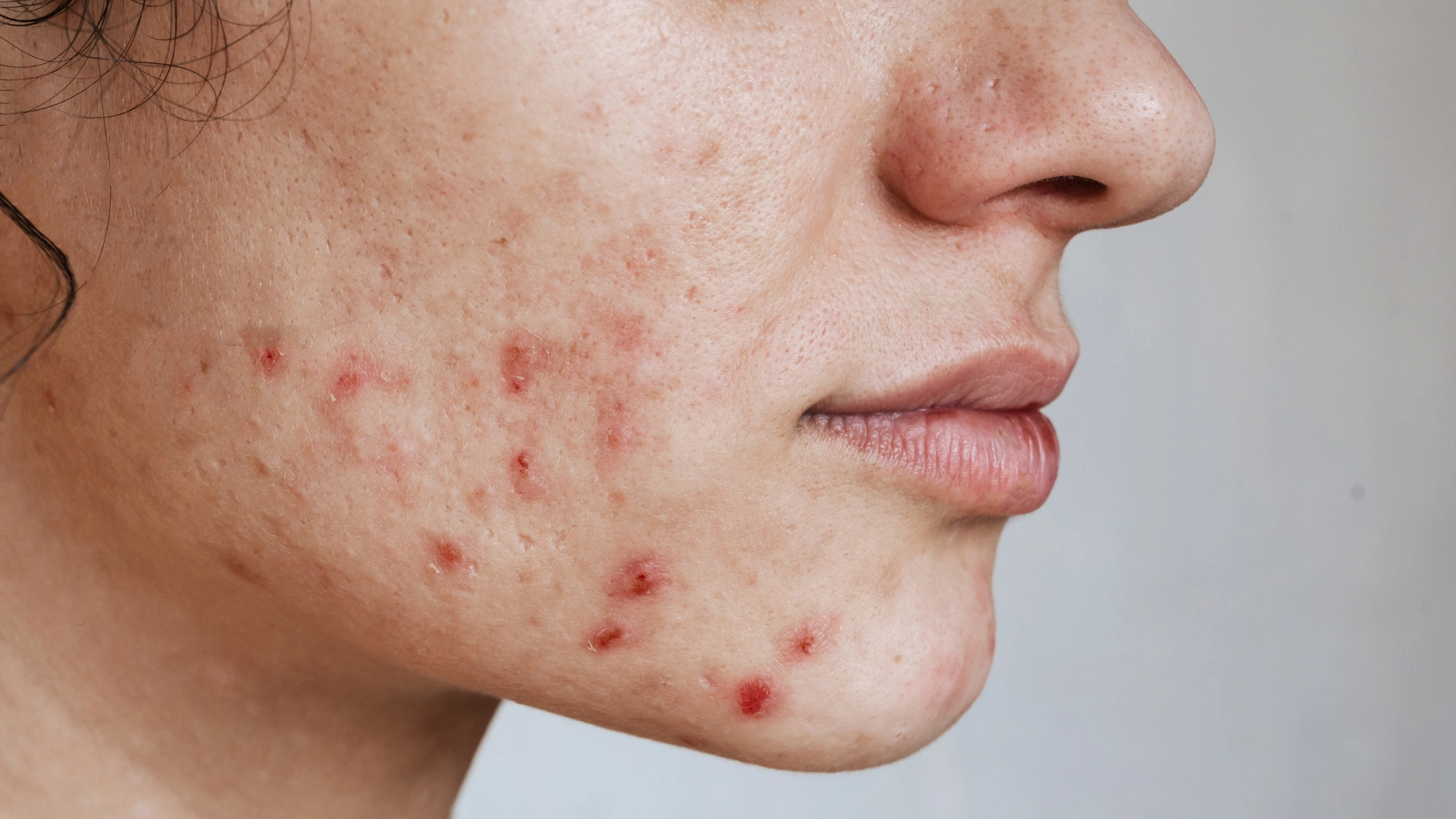
Dementia is a growing concern, affecting millions worldwide. Experts report that more than 7 million people aged 65 or older had dementia in 2020. If current trends continue, over 9 million Americans could have dementia by 2030, and nearly 12 million by 2040.
In this article, you will learn about holistic approaches and alternative treatments that can help manage and support individuals with dementia.
10 Alternative Treatments for Dementia
Exploring alternative treatments can offer additional support for those living with dementia. These methods can improve mental engagement and emotional well-being without relying solely on medication. Here are ten alternative treatments for dementia that have shown promise.
Cognitive Stimulation Therapy
Cognitive Stimulation Therapy (CST) is a structured program for individuals with mild to moderate dementia. It involves engaging in activities and exercises that stimulate thinking and memory. This approach is designed to improve cognitive abilities and slow the progression of dementia symptoms. Research has shown that participants in CST programs often experience improvements in memory, language skills, and overall cognitive function, making it a valuable component of dementia care.
Music Therapy
Music therapy utilizes music to address the physical, emotional, cognitive, and social needs of individuals with dementia. It involves listening to music, singing, playing instruments, or composing music. This form of therapy can trigger memories, reduce agitation, improve mood, and provide comfort and familiarity. Music therapy has effectively enhanced the emotional well-being and quality of life of dementia patients, making it a powerful tool in holistic dementia care.
Art Therapy

Art therapy offers individuals with dementia an opportunity to express themselves creatively through drawing, painting, or sculpting. This therapeutic approach helps to bypass cognitive issues and allows for emotional expression through visual and tactile mediums. Art therapy stimulates cognitive function and provides a sense of accomplishment and purpose. Studies have indicated that engaging in art can reduce stress and promote relaxation, which are crucial for individuals facing the challenges of dementia.
Pet Therapy
Pet therapy, also known as animal-assisted therapy, involves using animals to help improve the emotional and social well-being of individuals with dementia. Regular pet interaction can help reduce stress, lower blood pressure, and increase social interaction and physical activity. For dementia patients, spending time with animals can lead to moments of joy and decreased feelings of isolation. Importantly, pet therapy has been observed to alleviate symptoms such as anxiety and depression, offering a comforting and engaging presence that enhances the lives of those with dementia.
Aromatherapy
Aromatherapy uses essential oils to stimulate the senses and potentially affect the brain’s emotional center, which can benefit individuals with dementia. Commonly used scents include lavender, noted for its calming properties, and peppermint, which may help invigorate the mind and improve concentration. Aromatherapy is believed to help manage agitation and improve sleep quality in dementia patients. The soothing effect of essential oils can create a more relaxing environment, making it easier for patients to cope with daily stresses and enhance their overall mood.
Acupuncture
Acupuncture, a practice rooted in traditional Chinese medicine, involves inserting thin needles into specific points on the body to balance energy flow. It is used to treat various symptoms associated with dementia, such as anxiety, agitation, and sleep disturbances. Acupuncture stimulates the nervous system, releasing chemicals that promote a sense of well-being and relaxation.
Massage Therapy

Massage therapy offers physical and emotional benefits for individuals with dementia by promoting relaxation and reducing muscle tension. It involves various techniques of kneading, stroking, and rubbing the body’s soft tissues. For dementia patients, massage can help alleviate anxiety, improve mood, and enhance circulation, contributing to better sleep and less agitation. Additionally, the tactile interaction in massage can provide comfort and a sense of connection, which is especially beneficial for those who may experience social withdrawal due to their condition.
Light Therapy
Light therapy involves exposure to daylight or specific wavelengths of light, which can help regulate the body’s sleep-wake cycle. This is particularly useful for dementia patients who often experience disruptions in their circadian rhythms, leading to sleep disorders and nighttime restlessness. Light therapy, especially during morning hours, can help reset their internal clock and improve overall sleep quality and mood. Studies have shown that consistent light therapy can decrease sundowning—increased confusion and agitation during the late afternoon and evening in people with dementia.
Herbal Supplements
Herbal supplements are often explored as natural alternatives for managing dementia symptoms. Common herbs like ginkgo biloba, turmeric, and green tea are believed to have neuroprotective properties. Ginkgo biloba, for instance, is thought to improve cognitive function and memory in some individuals by enhancing blood circulation to the brain. However, it’s important to approach herbal remedies cautiously as they can interact with conventional medications and vary in effectiveness.
Mindfulness Meditation
Mindfulness meditation encourages individuals to focus on the present moment, promoting relaxation and stress reduction. For those with dementia, mindfulness can help manage symptoms of depression and anxiety and improve overall emotional regulation. It involves simple practices such as breathing exercises and guided imagery, which can be particularly beneficial in reducing the distress that often accompanies memory loss.
Are Holistic Treatments Safe for All Dementia Patients?
Holistic treatments generally offer a gentler approach compared to pharmaceutical interventions, but they are not universally safe for all dementia patients. The safety and appropriateness of these treatments depend on individual health conditions, the stage of dementia, and existing medical treatments. For instance, therapies involving physical activity or interaction, such as pet therapy or massage, may not be suitable for individuals with certain physical limitations or allergies. Caregivers and family members must consult with a doctor to tailor holistic interventions that are safe and beneficial for their specific situation. Monitoring responses to these therapies is also essential to ensure they deliver positive outcomes without adverse effects.
Can Diet Changes Impact Dementia Symptoms?
Diet plays a critical role in overall brain health, and certain dietary changes can potentially impact dementia symptoms. Diets rich in antioxidants and healthy fats and low in processed foods—such as the Mediterranean diet—have been linked to a lower risk of cognitive decline. Omega-3 fatty acids, found in fish and nuts, are particularly noted for their brain health benefits. Additionally, reducing sugar and refined carbohydrates can help manage blood sugar levels, which is important since diabetes is a risk factor for dementia. While no diet can cure dementia, nutritional adjustments can help improve overall health and potentially slow the progression of cognitive decline.
Are There Any Herbal Remedies Effective for Dementia?
Some herbal remedies are touted for their potential cognitive benefits for dementia patients. Ginkgo biloba is one of the most studied herbs; it is believed to aid memory and cognitive functions by increasing blood flow to the brain. However, scientific evidence on its efficacy is mixed. Curcumin, the active component in turmeric, has anti-inflammatory and antioxidant properties and is being researched for its potential to prevent neural degradation. Lion’s mane mushroom is another herb known for its neuroprotective benefits. While these herbs show promise, it is vital to approach herbal treatment cautiously as they can interact with conventional medications and might not be suitable for all patients.
How Soon Can One See Improvements From Holistic Treatments?
The time frame for observing improvements from holistic treatments for dementia varies widely among individuals. Some patients may notice changes within a few weeks, especially with therapies that promote relaxation and reduce anxiety, such as aromatherapy or massage therapy. Cognitive benefits from cognitive stimulation therapy or mindfulness meditation may take several months to become evident. It’s important to maintain consistency in these treatments and monitor progress regularly. Factors such as the stage of dementia, the specific holistic treatment used, and individual health conditions all influence the rate and extent of improvement.
Do Holistic Approaches Help With All Types of Dementia?

Holistic approaches can offer benefits across various types of dementia, but their effectiveness may differ depending on the specific condition. For instance, cognitive stimulation and art therapy can be broadly beneficial for Alzheimer’s disease, vascular dementia, and frontotemporal dementia by enhancing cognitive function and emotional well-being. However, the response to certain therapies like music therapy or aromatherapy might vary based on the individual’s sensory and emotional capacities.
Dementia types with more pronounced physical symptoms, such as Lewy body dementia, might benefit more from therapies that address physical health and movement, like acupuncture and light therapy. While holistic treatments can complement traditional medical approaches for most types of dementia, their application should be tailored to the individual’s specific type and stage of dementia.
How Do I Find a Practitioner Specializing in Holistic Dementia Care?
Start by consulting your primary healthcare provider for recommendations, as they might know qualified practitioners within your community. You can also explore professional organizations and associations related to dementia and holistic medicine, which often provide directories of certified practitioners. Online platforms and healthcare directories can be useful in identifying specialists and reading reviews from other patients. It’s important to verify the credentials and experience of any practitioner, ensuring they have specific training and a track record in holistic dementia care. Scheduling consultations with potential practitioners can help gauge their approach and compatibility with the patient’s needs, ensuring a good fit for effective treatment.









